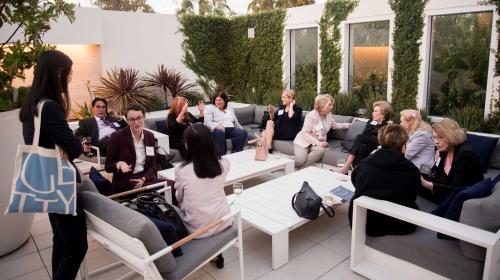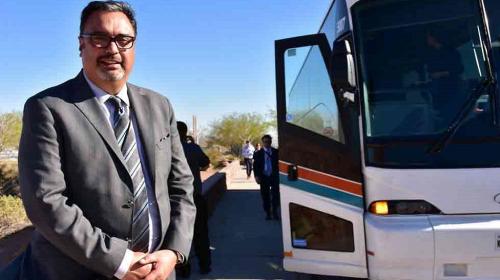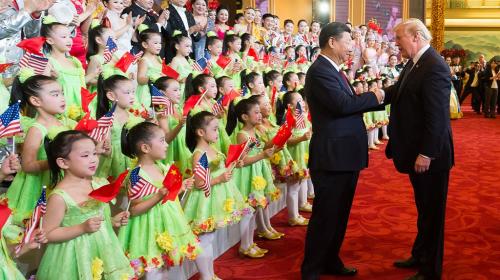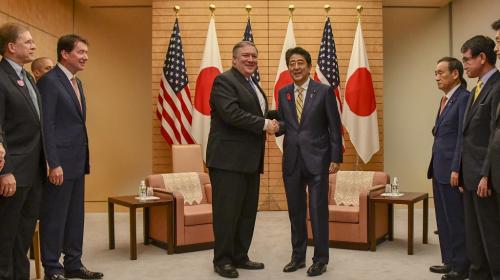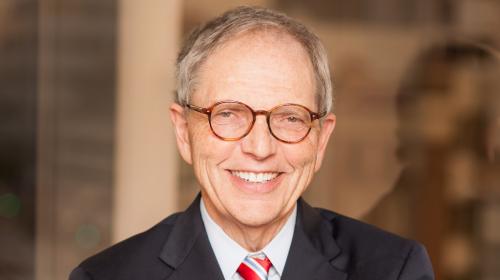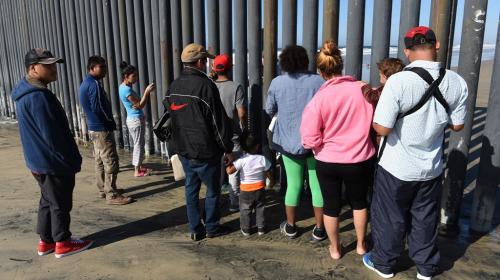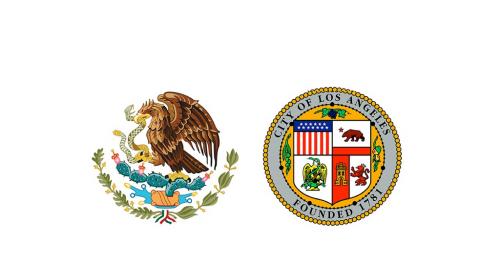The Pacific Council has published our 2018 annual report, which tells the story of our impact over the past year—and yours.
The Pacific Council Mexico Initiative is focused on building stronger U.S.-Mexico ties at the citizen, institution, and state levels. We seek to take an approach to Mexico that reflects our geography, identity, and appreciation for the international policy interests of the United States.
Read an article by Jaime Torres of El Diario about the Pacific Council's delegation to El Paso, Texas.
To avoid a breakdown in the crucially important U.S.-China bilateral relationship, the United States and China should seek negotiated solutions to priority issues whenever possible and erect prudent guardrails to keep the relationship from running further off the tracks, write Orville Schell, Susan Shirk, and Barry Naughton ahead of their discussion on April 1 as part of the Pacific Council’s Edgerton Series on Responding to a Rising China.
Even on those rare occasions when Japan has shown signs of a more activist foreign policy in the Middle East, the pendulum tends to swing back to an energy security-focused approach that reflects caution, neutrality, and the avoidance of military entanglements, writes Mieczysław Boduszyński.
The United States and Mexico have entered a new phase of security cooperation, experts told Pacific Council members in a recent teleconference.
Pacific Council President and CEO Dr. Jerrold D. Green has been selected to receive the World Trade Week 2019 Stanley T. Olafson Bronze Plaque Award, in recognition of his role in advancing global trade in the Southern California region.
Over the past few weeks the bilateral policy environment between the United States and Mexico has been complicated by disagreements over the USMCA trade deal, migrant caravans, and recent developments in Venezuela, writes Michael Camuñez.
Iran could be drawn into a major water dispute with Iraq and its policy of “water diplomacy” won’t be sufficient to resolve the situation, writes Banafsheh Keynoush.
The Pacific Council is pleased to announce a new partnership with the Los Angeles Mayor’s Office, Mexico’s Foreign Ministry, and the Mexican Council of International Affairs (COMEXI) to establish MEXLA, a new commission of residents from Los Angeles and Mexico to deepen the cultural, economic, and people-to-people ties between the two regions.


